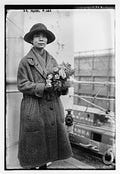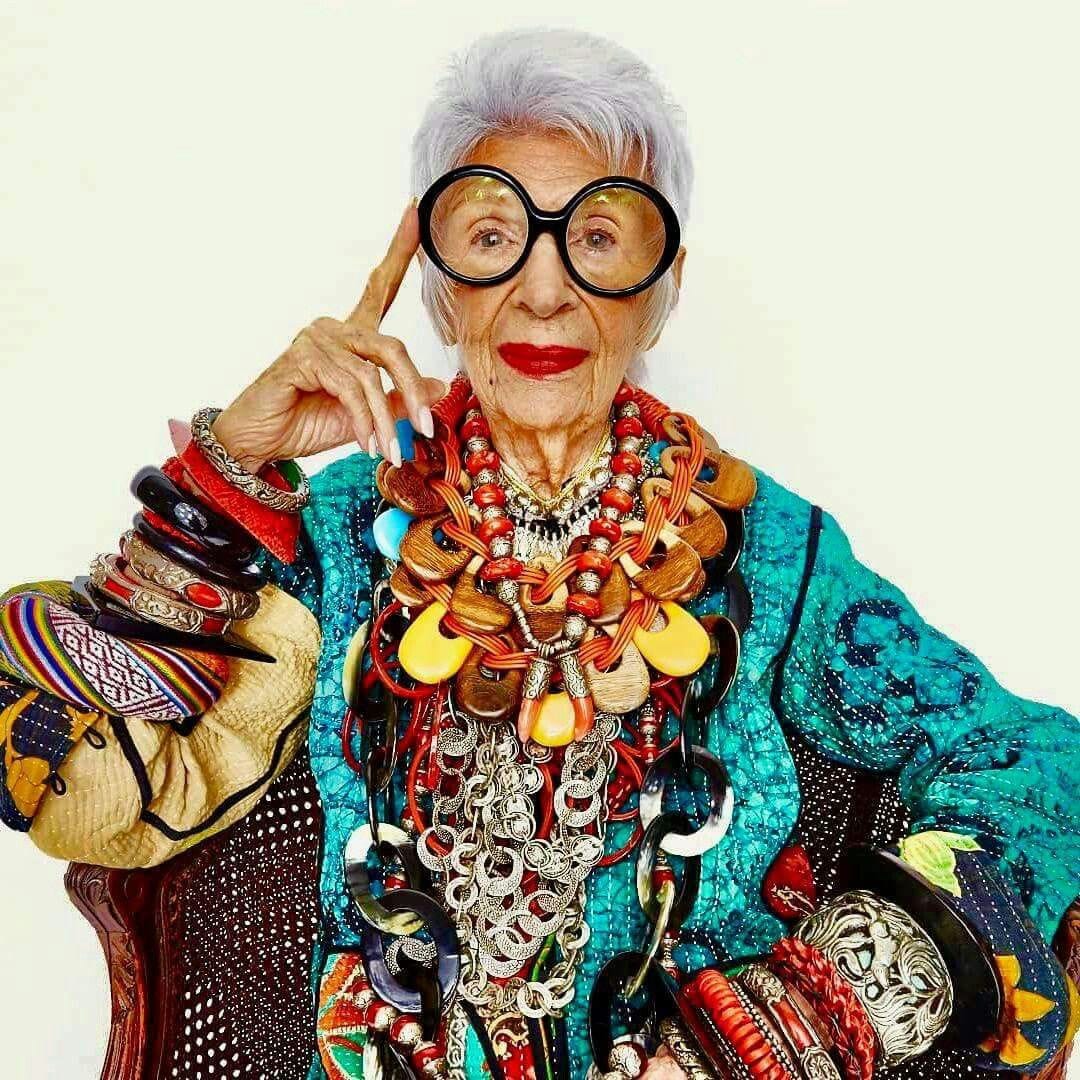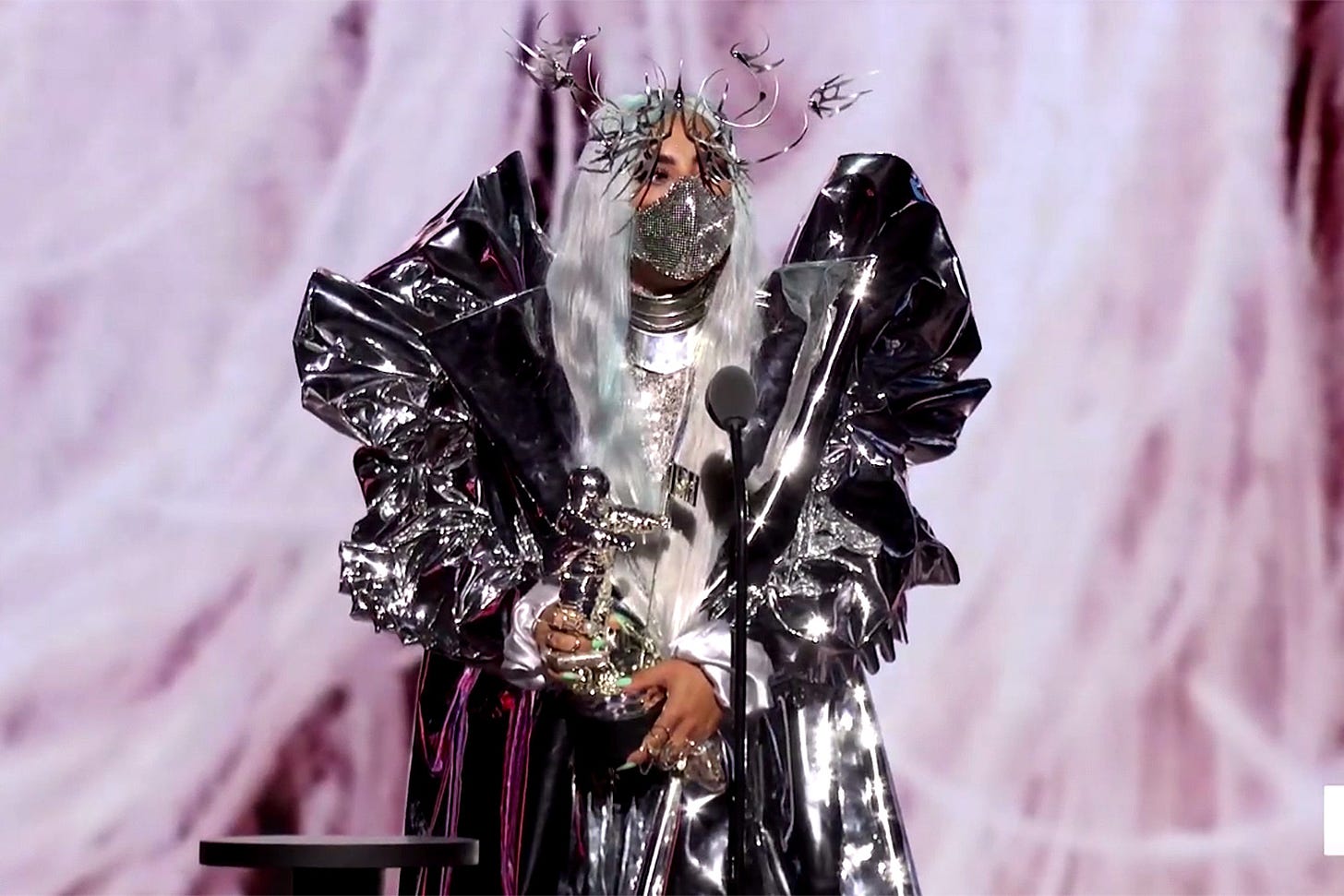Dr. Mabel Ping-Hua Lee, date unknown, from the George Grantham Bain Collection (Library of Congress)
In 1912 Mabel Ping-Hua Lee led, on horseback, a suffrage parade attended by 10,000 people in New York City. She was sixteen years old.
She went on to become the first Chinese woman to earn a PhD from Columbia University (and the first to earn a PhD in economics in the United States), writing a 474-page dissertation in the process. Because the 1882 Chinese Exclusion Act, which prevented Chinese immigrants from becoming citizens, was not repealed until 1943, Lee wrote, marched, and fought for suffrage that did not, at first, include her. She was still unable to vote when New York ratified women’s suffrage in 1917 and when the Senate and House passed the Nineteenth Amendment in 1919, forty-one years after its initial introduction to Congress.
It’s difficult but worthwhile (and potentially anti-capitalist!) to work toward a goal that may take a long time to benefit you personally. I’m not advocating for extreme selflessness, a characteristic we tend to venerate at the expense of acknowledging burnout, but I also think there’s room, lots of it in fact, for people to channel the spirit of Mabel Ping-Hua Lee and become part of something beyond themselves. Sometimes that beyond stems from enforced exclusion—women’s suffrage was beyond Lee for decades because of discriminatory immigration policy—and sometimes beyond means seeing past what’s familiar, like you, and pertinent strictly to your slice of the pie.
The aphorism “many hands make light work” is an old-school version of a call I sometimes read in activist writing for “coalition-building.” I’m enamored by the idea of a coalition but often wonder what that actually means. So for people who’d prefer less of this lonesome bootstrap yanking and more food, friendship, effort, and sorrow sharing, here are some examples of coalition-building, which to me means looking for allies in unlikely places to reach imperfect victory. After all, this year marks the centennial of the 19th Amendment (shoutout to the USPS Women Vote commemorative stamps), a victory both flawed and monumental.
The U.S. is the only industrialized country without paid family leave, and it took an enormous effort to pass our first and only piece of federal unpaid leave legislation in 1993: the National Family Leave and Medical Leave Act. The FLMA emerged from feminist/women’s group concerns about maternity and, to a lesser extent, paternity leave. It gained far more traction, however, when the bill was expanded to include time off to care for an elderly relative and AARP’s significant lobby joined the fray. The FLMA furthermore formed an unexpected bridge between feminists and the Catholic Conference. Some Catholics believed the act could lead to fewer abortions if it became easier for women to have children and keep their jobs. Though the broadening appeal of the act led to its dilution (wage replacement, for instance, didn’t make the final cut), it also meant that the act (after two vetoes from George H.W. Bush) was finally signed into law.
In 2016, Russian long-haul truckers were months into a series of strikes—many of them having convened to live communally in a camp in Khimki—to protest a wildly exploitative toll system called Platon (majority owned by a billionaire in Putin’s inner circle) that would have bankrupted most of these, to use a 2020 term, essential workers. Simultaneously, and mostly unrelatedly, residents of a nearby district of Moscow had banded together to stop the construction of an Orthodox church in a local park called Torfyanka. The truckers and the park defenders ended up befriending one another, a relationship that came to tangible fruition when some pro-church people attacked the park defenders and truckers came to their aid from about fifteen miles away.
Sources: Other Russias by Victoria Lomasko, Getting Paid While Taking Time by Megan A. Sholar, and “How Columbia Suffragists Fought for the Right of Women to Vote” by Paul Hond.
By Jacquie Defiore. A month ago I was at the park and found one of her pink and blue jellyfish stickers tucked between the planks of a wooden sign. On the back there was a handwritten note inviting the reader/finder to follow her on Instagram. I don’t have an Instagram account, so here’s the next best thing. They’re beautiful stickers.
I didn’t include a music video last time, so here’s one a friend told me about that I still think is brilliant: Yo Perreo Sola by Bad Bunny.
The [spring 2020] hiatus was particularly brutal for women’s sports. [In May], the journalist Lindsay Gibbs tracked how men’s and women’s sports were being covered in six major newspapers and on four ESPN networks. Of fifteen hundred and thirty sports stories in the newspapers, only a hundred and seven—seven per cent—were about women’s sports. On ESPN’s flagship station—which, in the absence of most live sports, supplemented its talk shows with documentaries, replays, and events like fishing and poker—there was no programming devoted to women’s sports at all. The other three ESPN networks aired a total of nine and a half hours of women’s-sports programming, just under one per cent of what they broadcast. They aired seventy-two hours of cornhole [emphasis added].
-Louisa Thomas for The New Yorker (read here)
I’m still worried about the U.S. Postal Service. While it’s not totally clear to me how average citizens can help beyond buying stamps, and I’m skeptical of solutions that rest solely on spending money, I’ve started paying some of my bills by mail so that I send more envelopes (and, full disclosure, attempt to get through the mass of Pixar-themed checks I ordered two years ago).
Though I’ve been entertaining fantasies of occupying mailboxes to make sure they stay put, in lieu of that I propose we all start sending mail, and maybe even first-class packages, to the members of the Board of Governors. There’s never been a more fitting moment for a physical letter campaign. I haven’t tracked down their addresses yet, but I know that where there’s a will and a Wi-Fi connection, there’s a way. (To find that information and then write it down, yes, by hand, on an envelope.) The USPS is one of the best socialist institutions in this country; it has also, historically, been one of the largest employers of Black people in the country; and its role in the upcoming election is paramount.
Voter suppression is anti-democratic and racist. The stakes are high, and I encourage you to approach those stakes with both sincerity and mischief. I can pull out the soapbox and tell you to enable less racism, particularly warehouse worker exploitation, and stop buying things from Amazon (convenience or justice: pick one) or I can invite you to think of it mischievously, joyously, communally. Someone from my volleyball league rallied everyone to pitch in for an Amazon gift card for the woman who organized the whole eleven-week shebang. I suggested, in the spirit of camaraderie that the league (and pandemic) engendered, that we keep it local and get her a Missoula Downtown gift card instead, and we did.
This isn’t to say that conscious consumption will fix inequality, because it won’t. But it will take many tactics. Below are some other anti-racist efforts that I’ve appreciated of late:
This episode, called “On Listening,” of a podcast named “How to Survive the End of the World” hosted by adrienne marie brown and her sister Autumn Brown. Just trust me on this one.
“The Subtle Linguistics of Polite White Supremacy” by Yawo Brown
“Indigenous Women, Two Spirit & Indigiqueer Writers to Read” as compiled by Room, a Canadian feminist lit journal
The very funny podcast “Another Round” by Heben Nigatu and Tracy Clayton. Sadly, this project ended a couple years ago, but it was great while it lasted. Toward the end of the podcast’s run, they started re-playing episodes with new introductions, so I’d recommend starting at the beginning, here.
Photo via Pinterest.
They [the Metropolitan Museum of Art staff] were very nervous because they were breaking the glass ceiling and letting me do a show. There was an unwritten law [in 2005] that unless you were in the trade and a fashion designer or you were dead, you couldn’t—a woman couldn’t—have a show at the Met. They didn’t do any publicity about me—they were kind of afraid. And so one day, my nephew [overheard] two ladies discussing [who I was.] They said, “Oh, I don’t know, she’s probably dead.” He came back and he told me, and I said, “Next time you hear that, tap the lady on the shoulder and say, ‘My auntie is very much alive. She’s just walking around to save funeral expenses.’”
-Iris Apfel in 2018 (Iris turned 99 on August 29th)
I emailed a letter to the editor to the New York Times a couple weeks ago. Normally I would not tell you about this letter unless it had been accepted (it was not), but then I remembered reading this 2019 NYT opinion piece by Kimberly Probolus. She encouraged the Times to publish more diverse letters and called upon women to write more of them. Her words about why women ought to submit easily extend to people of any marginalized identity: “Submitting a letter to the editor says that in a society that refuses to acknowledge your full humanity, you insist on it. It is asserting that your ideas and words deserve an audience in a world that has historically devalued them.”
I want to close with a shoutout to Lady Gaga, who recently performed on national television playing a piano shaped like a brain. For once a clickbait-style headline didn’t bother me in this article called “A Guide to Everything Lady Gaga Wore On Her Face at the 2020 MTV VMAs.” It also could have been titled “A Guide to Fantastical, Mask-Friendly Costumes for COVID-19 Halloween.” I’m down, dunno about you.






